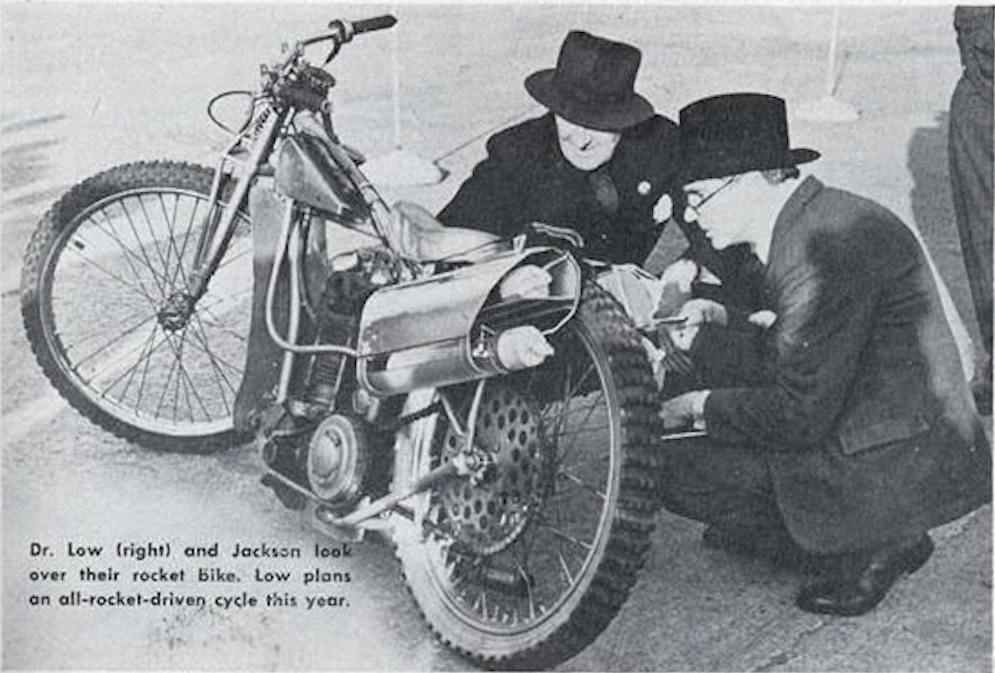England’s Professor Archibald Montgomery Low, who was the first to developed powered drone aircraft, made several predictions in the early 1920s and most of these predictions have come to past in the present day.
Most common predictions in our modern day is the use of television and radio that he said would replaced newspapers, and the use of secret listening devices and cameras to catch criminals.
When the scientist and inventor predicted “a day in the life of a man of the future” one century ago, his prophesies were sometimes dismissed as “ruthlessly imaginative”.
They included, reported the London Daily News in 1925, “such horrors” as being woken by radio alarm clock; communications “by personal radio set”; breakfasting “with loudspeaker news and television glimpses of events”; shopping by moving stairways and moving pavements.
One hundred years after Low’s publication of his book The Future some of his forecasts were spot on. Others, including his prophesy that everyone would be wearing synthetic felt one-piece suits and hats, less so.
Researchers from the online genealogy service Findmypast, have excavated accounts of Low’s predictions from its extensive digital archive of historical newspapers available to the public and included them in a collection on its website of forecasts made for 2025 by people a century ago.
Low, born in 1888, was an engineer, research physicist, inventor and author. A pioneer in many fields, he invented the first powered drone, worked on the development of television, was known as the “father of radio guidance systems” for his work on planes, torpedo boats and guided rockets and reportedly attracted at least two unsuccessful assassination attempts by the Germans.
In 1925, he predicted how home loudspeakers and “a television machine” would replace “the picture paper” – or newspapers – for information and on demand entertainment; access to global broadcasting at the press of a button; and the use of secret cameras and listening devices to catch criminals.
He foresaw the use of moving pavements and stairs, essentially the escalators and travelators of today, as well as “automatic telephones” with the benefit of getting the right number every time, as opposed to the 1920s rotary dial phones.
Some outlandish imaginings included new ways of illuminating streets by herbs (1926), jets of electrically charged water to replace cavalry (1923) and mind-to-mind electrical communication (1925). Others, such as women in trousers becoming the norm (1924) and sex determination before birth (1926) are very much on the mark.
The major investment in offshore wind and solar power of recent years appears to fulfil another prediction: that “wind and tide are also to be harnessed to the service of man”. Yet another was: “Life is to be made far easier by the use of machinery that will do all the heavy and disagreeable work.”
The average man, according to one newspaper report, “will be called punctually by a radio alarm clock set to pick up the particular signal at the time he wishes to rise”. Before the rise of automated alarms, people would be woken for work by an early-morning “knocker upper”, a person going door-to-door tapping windowpanes with a long wooden stick, which did not die out in Britain until the 1940s and 50s. However, Low’s prediction that the alarm clock would be set for “probably nine-thirty” was optimistic.
Another prophesy, that each morning people would enjoy “a few moments radio light treatment or massage in order to keep fit and alert for the day’s business,” does seem to tap into the modern health and wellness trends of today.
Jen Baldwin, a research specialist at Findmypast, which has more than 87m digitised historical newspaper pages, said: “It’s amazing that a century ago, one visionary scientist could predict how emerging technology – in its infancy at the time – could have changed the world by 2025. It makes you stop to wonder how the advancements we see around us today will be experienced by our own descendants.”
Low, who died aged 68, carried on making predictions throughout his life. Not all found favour. In 1929, the Daily Express reported, with some outrage, the professor was in some ways an “arrant conservative” who had declared it would be centuries before “women approach men in intelligence” and then only when they take on “men’s physical characteristics”.
“A woman doctor in Munich has just been prophesying that women who bob their hair will in time grow beards. She and Professor Low ought to meet,” the paper said.







